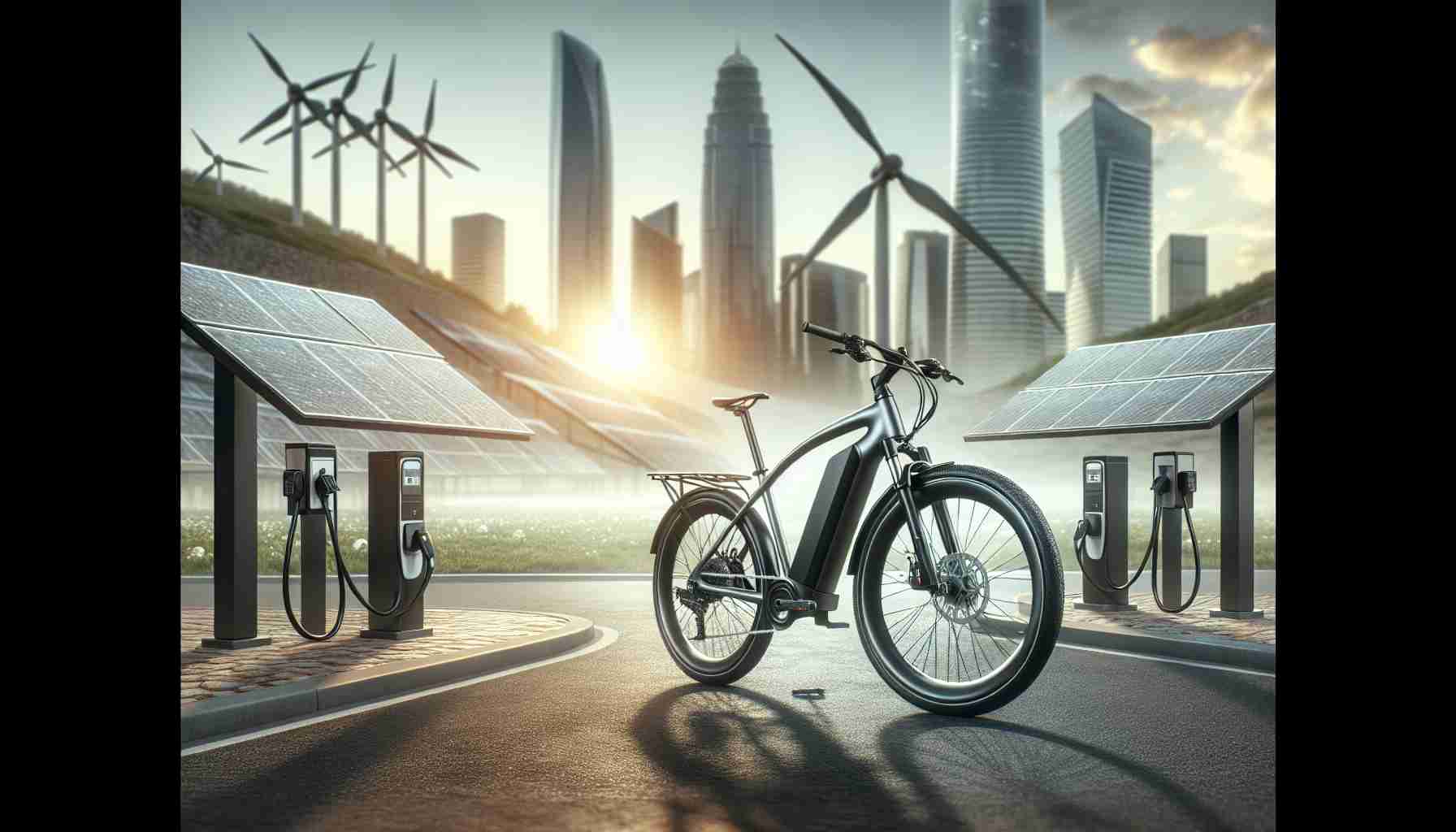The electric bike market is on an impressive trajectory, projected to escalate from $46.02 billion in 2023 to an astounding $78.48 billion by 2031. This growth, at a compound annual growth rate (CAGR) of 6.9%, highlights a paradigm shift in urban mobility preferences.
In recent years, we have witnessed an unprecedented acceleration in the adoption of electric bikes. This surge can largely be attributed to governmental initiatives aimed at curbing carbon emissions and a growing public awareness of the adverse impacts associated with fossil fuel-powered vehicles. Furthermore, urban planners are increasingly prioritizing bike-friendly infrastructure, nudging individuals toward choosing bicycles as their primary mode of transportation.
The modern electric bike is not just a sustainable choice but an intelligent one. Recent advancements have unlocked features such as GPS navigation and integrated performance tracking, significantly enriching the user experience. This technological integration opens the door for personalized services and creates a robust platform for innovative business models in the sector, appealing particularly to a tech-savvy demographic.
As fuel prices continue to climb, consumers are finding electric bikes to be a financially prudent alternative. With their eco-friendly credentials and ability to navigate through congested city streets efficiently, these vehicles present a compelling solution to urban transportation challenges. The convergence of technology, sustainability, and economic practicality positions electric bikes as a pivotal player in future mobility solutions.
The electric bike market is on an impressive trajectory, projected to escalate from $46.02 billion in 2023 to an astounding $78.48 billion by 2031. This growth, at a compound annual growth rate (CAGR) of 6.9%, highlights a paradigm shift in urban mobility preferences.
Industry Overview
The electric bike industry encompasses various segments including traditional pedal-assist bicycles and electric scooters. Manufacturers are increasingly producing a diverse array of models, catering to different consumer needs, from leisure riding to commuting and even delivery services. Key players in this market include established bicycle manufacturers as well as tech startups specializing in electric propulsion systems. This trend points toward a blend of traditional cycling culture with modern technological advancements, creating a rich tapestry of possibilities for consumers.
Market Forecasts
Looking beyond 2031, analysts predict that the electric bike market will continue its robust growth. Factors such as urbanization, increased health consciousness, and government subsidies for electric transportation solutions are expected to drive demand. In particular, markets in Asia-Pacific, Europe, and North America are projected to dominate the electric bike landscape, with Asia-Pacific witnessing the fastest growth due to increasing urban populations and environmental regulations. Furthermore, the rise of subscription models and e-commerce platforms for bike rentals is anticipated to contribute to market expansion, making electric bikes more accessible to a larger audience.
Challenges and Issues
Despite the promising outlook, the industry faces several challenges. Issues such as supply chain disruptions, fluctuating raw material costs, and regulatory hurdles can impact production and pricing. Additionally, the lack of uniform regulations across different regions can pose difficulties for manufacturers trying to enter new markets. Safety concerns related to the use of electric bikes also remain a critical issue, as the integration of speed with urban environments can lead to accidents. Furthermore, the sustainability of battery production and disposal processes is an area that requires ongoing attention to ensure that the environmental benefits of electric bikes are not offset by the ecological impact of their components.
Conclusion
The convergence of technology, sustainability, and economic practicality positions electric bikes as a pivotal player in future mobility solutions. As the industry evolves, collaborative efforts among governments, manufacturers, and consumers will be essential to address existing challenges and ensure the responsible growth of the electric bike market.
For more insights into the electric bike industry, you can visit Statista and CNBC.







